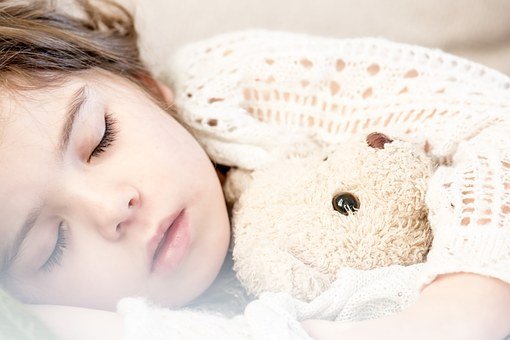Getting a good night's sleep is essential for maintaining one's health. But sleep hours across America have fallen steadily as the "always on" modern society of evening and night shifts, multiple jobs and home tasks, 24/7 retail stores, massive caffeine consumption and perpetual Internet connectivity have increased our stress, distracted us from resting, and caused an insomnia epidemic. Fortunately, many years of scientific research have resulted in numerous simple tips on how to help oneself sleep.
Bedroom Environment
It is important to create a bedroom environment that is conducive to sleep. A bedroom should be dark at bedtime, with curtains drawn to keep out streetlights. If there is a television or computer in the bedroom, they should be turned off at bedtime.
The bedroom should be cool in temperature. The bedroom door should be shut to keep out noise and light. If noise and light continue to enter the bedroom even after the door is shut, or it is not possible to shut the door, an eye mask and ear plugs can be worn.
A booklet by the U.S. Department of Health and Human Services, "Your Guide to Healthy Sleep," summarizes decades of scientific research on sleep, describes in detail how to improve the bedroom environment for sleeping better, and lists many groups with resources for assisting people with sleep problems. (Reference 1)
Bedtime Routine
Creating a regular bedtime routine of activities done each night before going to sleep, programs the mind to relax and doze off.
One sequence of activities could include getting into bed at the same time each night, setting the alarm clock, writing in a diary, turning out the lights, mentally reviewing the good things that happened that day, and then reciting a secular meditation or a prayer. Avoid negative thoughts while trying to fall asleep.
Whatever activities are chosen, it is important that they be the same ones each night, preferably done at the same time every evening. Setting up a bedtime routine is discussed in a Mayo Clinic essay, "10 Tips for better sleep."
Can't Sleep
Sometimes life is so stressful that even creating a comfortable bedroom environment and following a regular bedtime routine don't always help a person fall asleep.
When insomnia strikes, drinking a glass of milk can help. Milk contains a substance called L-tryptophan, a natural amino acid needed by the human body. The U.S. National Library of Medicine, in an article entitled "Tryptophan," discusses how tryptophan is also found in cheese and turkey, among other foods.
Once the tryptophan is in the body, it is changed into serotonin, a mood elevating substance, and melatonin, a substance that makes people sleepy.
While taking a sleeping pill once in a while is not harmful, if insomnia persists, contacting a physician may be necessary. Chronic insomnia can be a sign that another medical problem is present and needs treatment, such as asthma, an anxiety disorder or a depression.
Sources:

Thanks for using eSteem!
Your post has been voted as a part of eSteem encouragement program. Keep up the good work! Install Android, iOS Mobile app or Windows, Mac, Linux Surfer app, if you haven't already!
Learn more: https://esteem.app Join our discord: https://discord.gg/8eHupPq